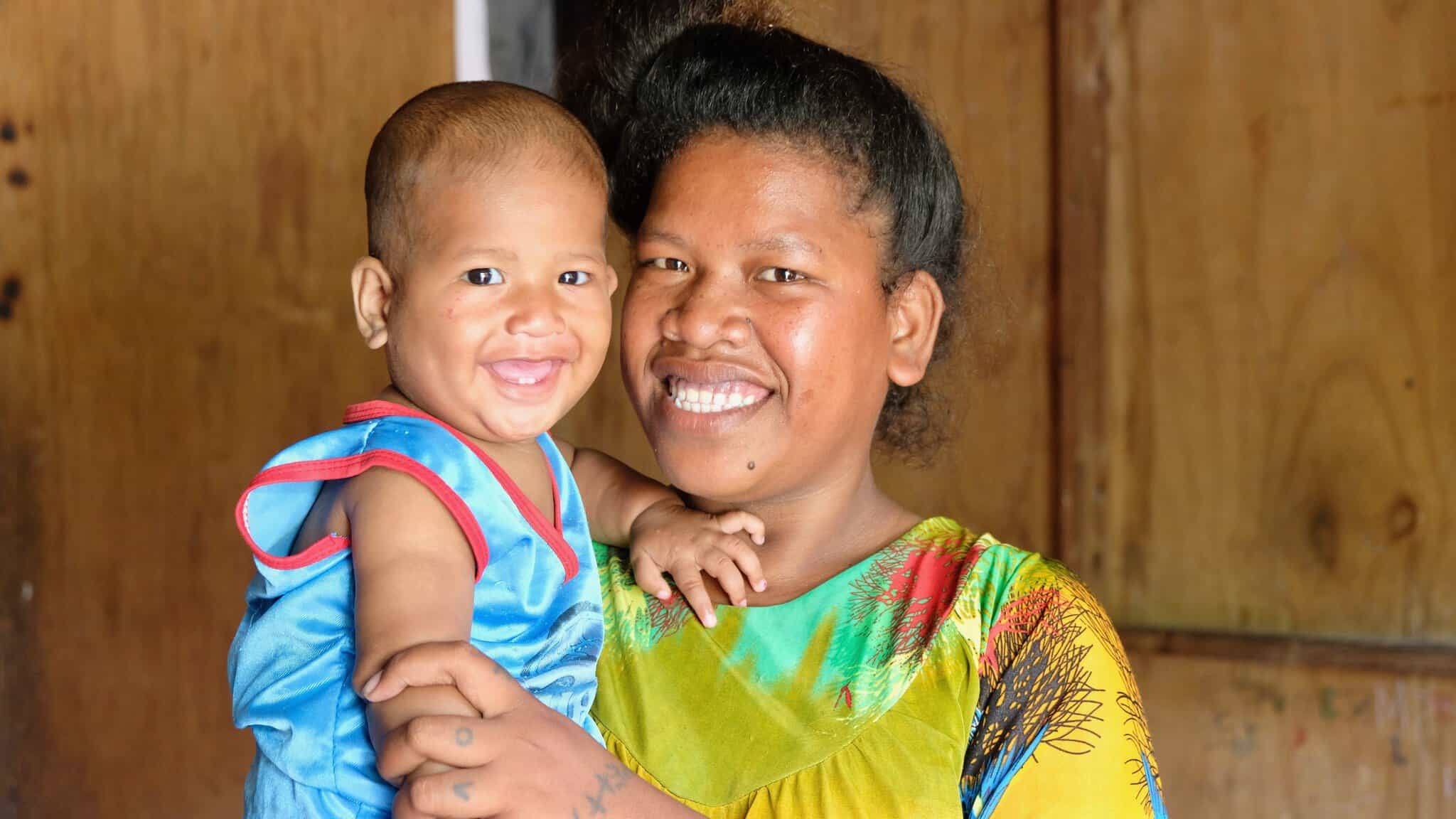World Bank's Advice to 9 Pacific Economies
The World Bank says six Pacific Island countries are at high risk of debt distress, and that gradual cuts to government spending are vital for balancing budgets and avoiding sharp cuts to public services in the years ahead.
The authors of "Raising Pasifika: Strengthening Government Finances to Enhance Human Capital in the Pacific: A Public Expenditure Review for Nine Pacific Island Countries," say Kiribati, Marshall Islands . . .
Please Subscribe to view full content...

One Comment “Commonwealth Finance Ministers meet in Marrakesh to tackle overlapping global crises”
Comments are closed.